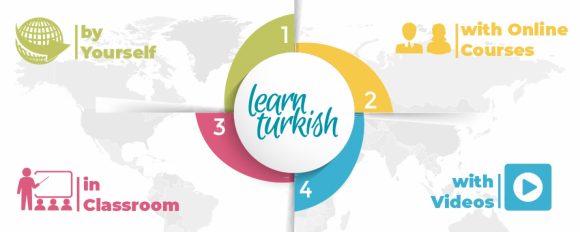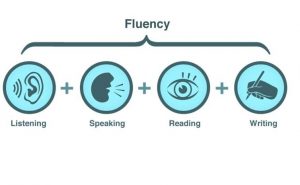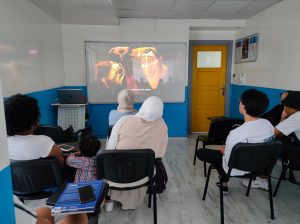 *
*
You can learn Turkish by yourself, with online or face-to-face courses or video/audio materials.
In our course, we provide education in the modern conditions and at European standards as language proficiency.
We offer Turkish courses for all your needs with all native and fully experienced teachers in teaching Turkish for foreigners.
Our course and teachers are approved by the Turkey Ministry of Education.
We use Istanbul Turkish books in Turkish lessons.
Our students take lessons in four main language skills (listening, speaking, reading and writing) and sub-skills (grammar and vocabulary).

In addition to these lessons, we watch Turkish movies and TV series with our students.
We also organize various excursions and activities to practice more Turkish.


For many students; It may take about 3 months (Basic level) to be able to shop, go to the hospital, and solve their own problems in a simple way.
But it is important for our students who want to learn Turkish very well to continue their education for 8-9 months.
Turkish courses at Turkey Study Center have 5 levels**:
| A1 (Basic) | Can understand and use familiar everyday expressions and very basic phrases aimed at the satisfaction of needs of a concrete type. Can introduce him/herself and others and can ask and answer questions about personal details such as where he/she lives, people he/she knows and things he/she has. Can interact in a simple way provided the other person talks slowly and clearly and is prepared to help. |
| A2 (Basic) | Can understand sentences and frequently used expressions related to areas of most immediate relevance (e.g. very basic personal and family information, shopping, local geography, employment). Can communicate in simple and routine tasks requiring a simple and direct exchange of information on familiar and routine matters. Can describe in simple terms aspects of his/her background, immediate environment and matters in areas of immediate need. |
| B1 (Independent) | Can understand the main points of clear standard input on familiar matters regularly encountered in work, school, leisure, etc. Can deal with most situations likely to arise whilst traveling in an area where the language is spoken. Can produce simple connected text on topics which are familiar or of personal interest. Can describe experiences and events, dreams, hopes & ambitions and briefly give reasons and explanations for opinions and plans. |
| B2 (Independent) | Can understand the main ideas of complex text on both concrete and abstract topics, including technical discussions in his/her field of specialisation. Can interact with a degree of fluency and spontaneity that makes regular interaction with native speakers quite possible without strain for either party. Can produce clear, detailed text on a wide range of subjects and explain a viewpoint on a topical issue giving the advantages and disadvantages of various options. |
| C1 (Proficient) | Can understand a wide range of demanding, longer texts, and recognize implicit meaning. Can express him/herself fluently and spontaneously without much obvious searching for expressions. Can use language flexibly and effectively for social, academic and professional purposes. Can produce clear, well-structured, detailed text on complex subjects, showing controlled use of organizational patterns, connectors and cohesive devices. |
*The first picture taken from kerimsarigul.com
